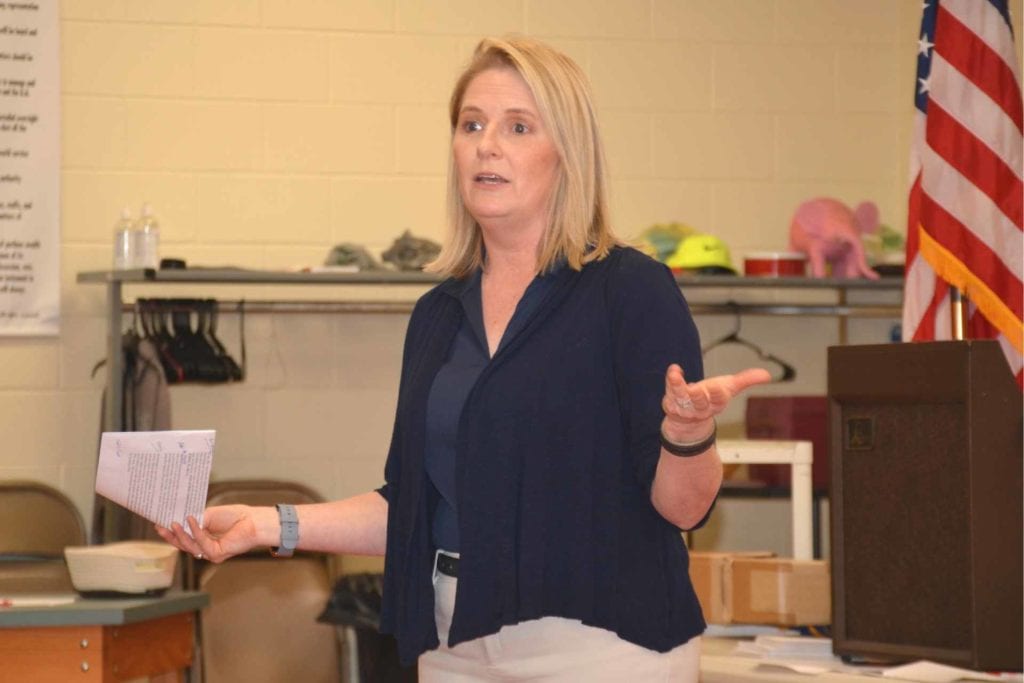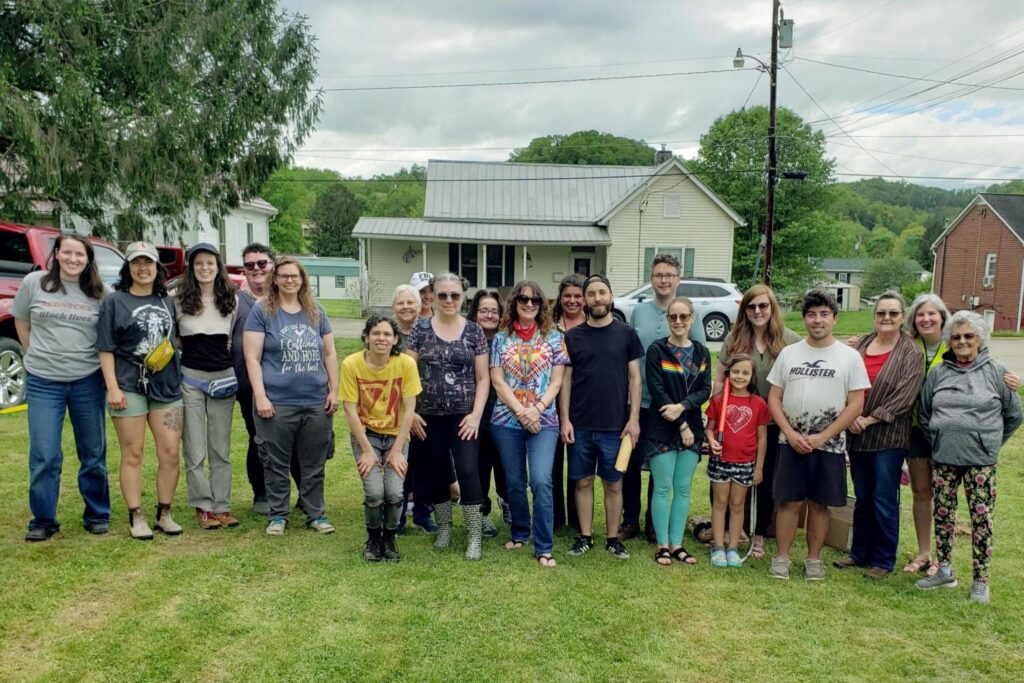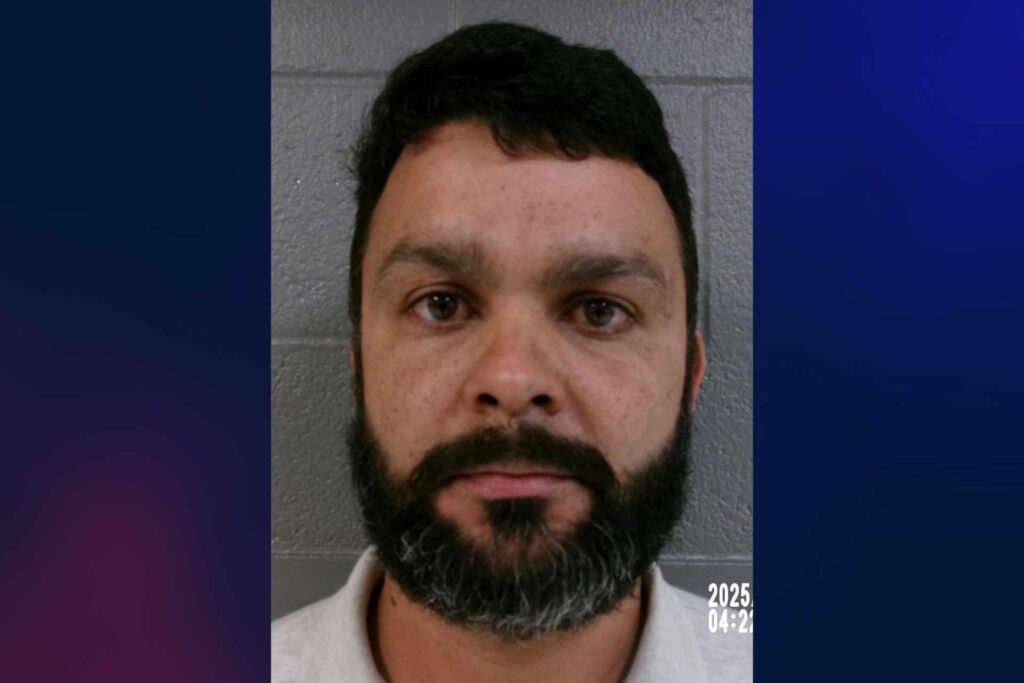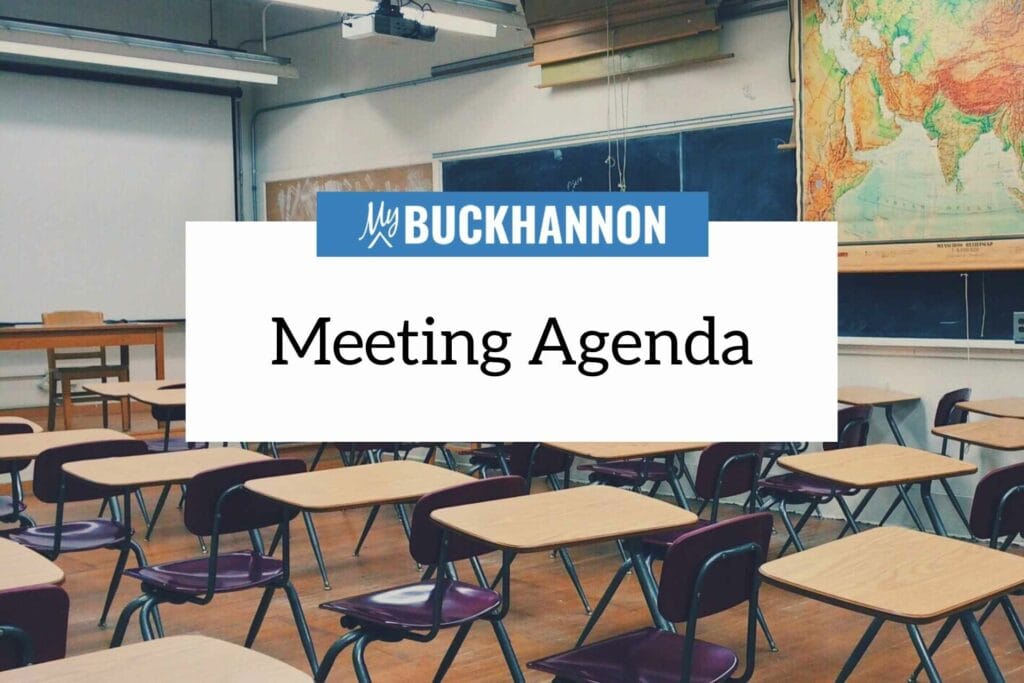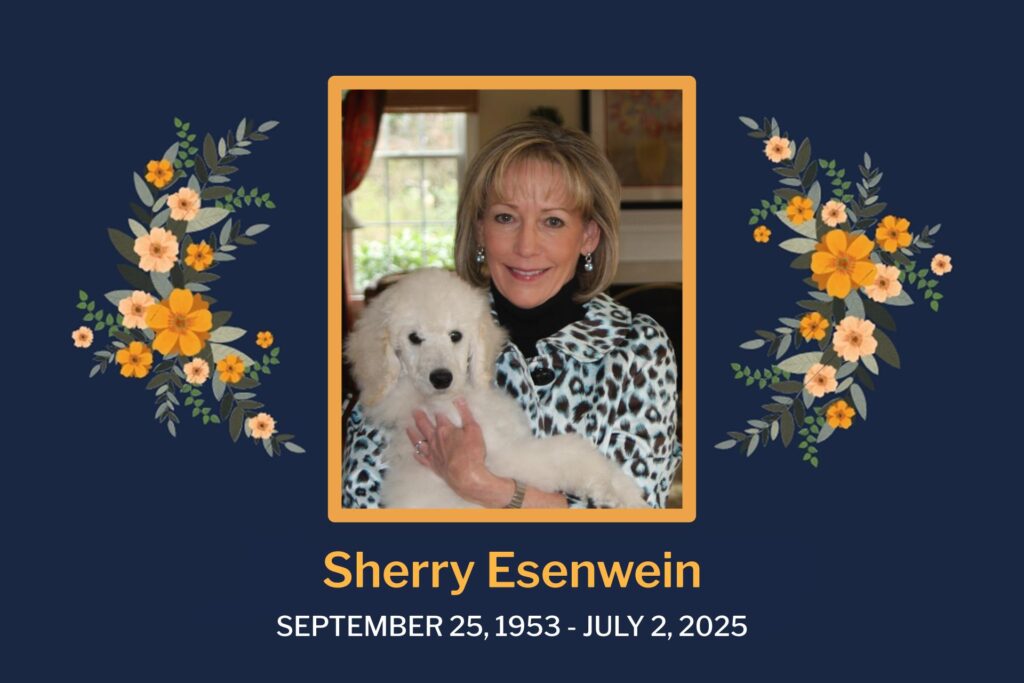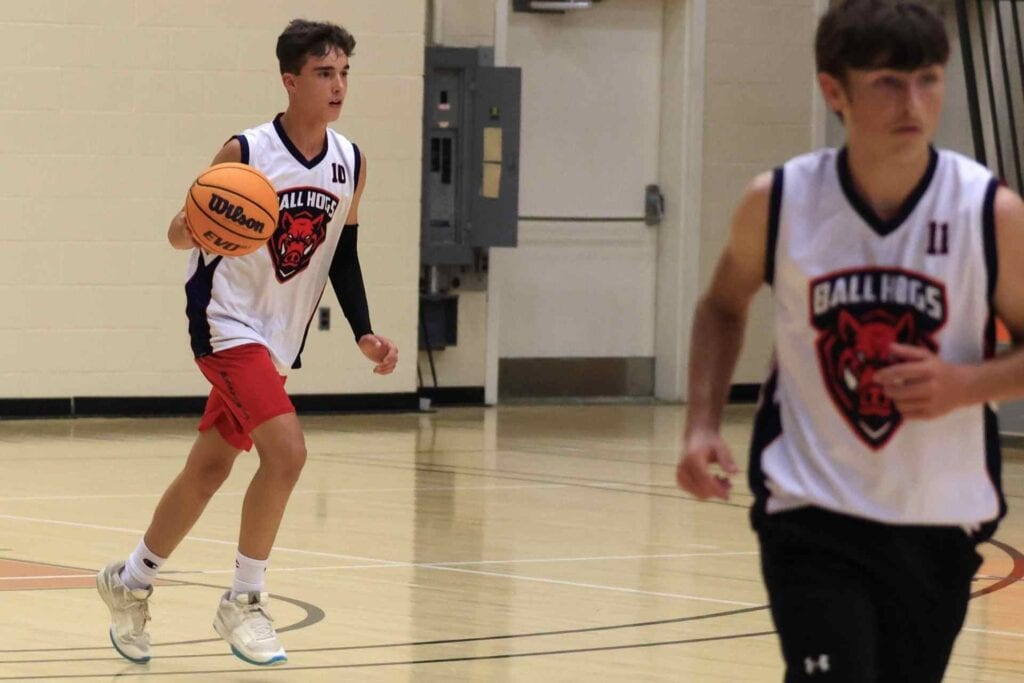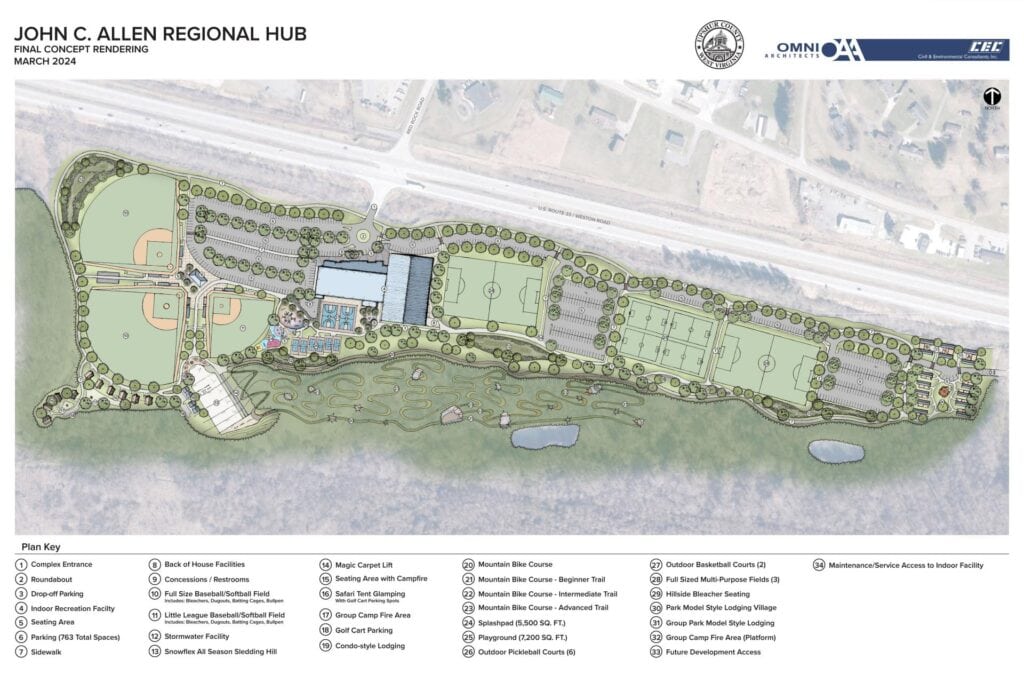BUCKHANNON – The Fred W. Eberle Technical Center isn’t for everyone, but it is for anyone, meaning practically anyone can further their educational and vocational goals there, FETC’s director said this week.
“I always tell people, we’re not for everyone, but we are for anyone,” FETC director Rebecca Bowers-Call told the Rotary Club of Buckhannon-Upshur at their Nov. 1 meeting, where she served as the keynote speaker.
In fact, the majority of FETC’s graduates – a remarkable 87 percent – find placement upon program completion, but exactly where they find that placement varies based on students’ career and post-secondary educational goals and needs, Bowers-Call told members.
“Last year, we had an 87 percent positive placement rate, so that means 87 percent of our graduates, they’re enrolled in post-secondary education, they’re enlisted in the military, or they’re employed,” she said. “So they’re placed — they’re enrolled, they’re enlisted or they’re employed. Folks often say to me, ‘it’s not for my child because he’s going to college’ – well, many of our students do go on to other post-secondary educational opportunities, including training at community and technical colleges or four-year institutions.”
Bowers-Call encouraged anyone contemplating enrolling at FETC – be they high school students or post-secondary, i.e., adult students – to have “an open mind and see if there’s something there for you or your student.”
“Our students earn certifications in every program, and there are multiple certifications that are available in every program,” she said.
Bowers-Call gave a few fast facts about FETC. The center, which is named after Fred Eberle, a former state assistant superintendent, was established in 1968 as the first multi-county vocational and technical center in the Mountain State. It’s run by an administrative council comprised, in part, of county superintendents from Lewis, Upshur and Barbour.
“Fred Eberle was a state assistant superintendent, and he was very passionate about career and technical education, and he determined that if counties came together and put their funding and resources together, they could offer bigger, better opportunities for all of our students, and luckily for us, it came to Buckhannon, and I’m very thrilled about that,” she said. “I always tell people that I realized when I got to Fred Eberle, we’re kind of one of the best-kept secrets in the area. If you know Fred Eberle, you know the trade school, but if you don’t, it’s not something that comes up quite often enough, and we’re trying to work on changing that.”
Bowers-Call said historically, FETC hasn’t been able to advertise much, but COVID-19 related federal funding has enabled FETC to begin highlighting its 11 secondary programs, i.e., programs primarily available to high school-aged students enrolled in the public school system in Lewis, Upshur and Barbour counties, as well as its six post-secondary programs for adults.
“What some folks don’t know about [the 11 second programs] is that we do accept adults in those programs as well; we take adults in those programs every year,” she said. “So, we typically take 21 students in each program and if we have 18 [high school students], then we’ve got room for three adults, and those are totally free to adults and there’s explanations in our brochures and on our website and on our Facebook page as well.”
Bowers-Call said the center’s electricity/electrical technician, diesel and welding programs are the three most popular high school programs, so spots in those fields aren’t always open to adults, but FETC does offer three daytime post-secondary programs for adults, including practical nursing, truck driving and cosmetology.
The development and growth of the cosmetology program at FETC is a great example of the camaraderie and collaboration that exists between the center’s instructors, administrators and students, Bowers-Call said.
“We really are a family at Fred Eberle, and everyone works together,” she said. “For instance, the salon for our cosmetology program used to be a machine shop and when it was determined there was going to be a cosmetology program, the students themselves renovated it and now it has 20 stations and full-length mirrors, and everyone goes there to get their hair done and their nails done, and that was done by our students, so most of the work at our facility is done by our students and our instructors, so we take care of each other.”
Two Buckhannon-Upshur High School juniors enrolled in FETC’s Allied Health program, Katlyn Tenney and Abby Kelley, highlighted how FETC functions under a simulated workplace model, meaning students clock in and clock out, adhere to a mission statement, and perform other tasks that mimic a real-life work environment.
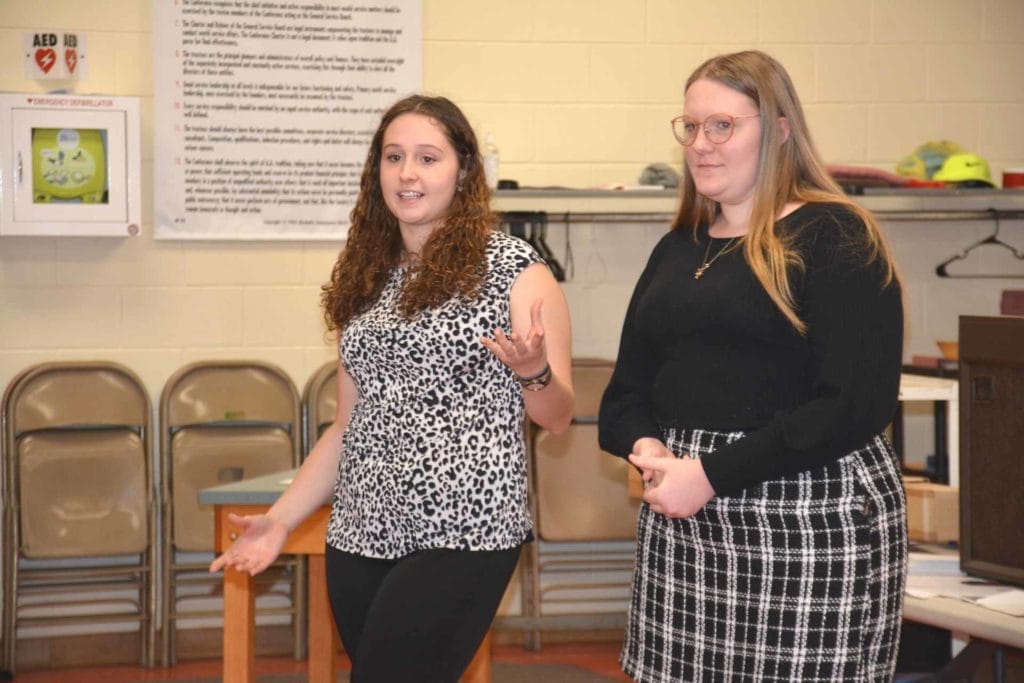
Kelley, the office manager in the simulated workplace, and Tenney, the safety manager, said enrolling at FETC has enabled them to get a leg up on achieving certifications they’ll need to work in the nursing and health care fields.
“I think what makes trade school different is that you’re doing the hands-on stuff to learn about real-life jobs and then you still have your bookwork,” Kelley said. “What we’ve been doing recently is finger sticks – we’ve done five of those – and we’ve been practicing drawing blood and learning the phlebotomy part of it so that we can get our phlebotomy certification.”
Tenney said both she and Kelley have attained their OSHA-10 certification, a 10-hour course covering general safety and health hazards for entry-level workers, as well other certifications, including CPR and First Aid.
“You can get a lot of different certifications, you can get your CPR, First Aid, your EKG monitor and your OSHA, your phlebotomy,” Tenney said. Tenney and Kelley both want to attend West Virginia Wesleyan College after high school, and while Tenney hopes to work as a midwife, Kelley wants to be an obstetrics nurse.
Other secondary daytime high school programs at FETC include Automotive Technology, Carpentry, Collision Repair Technology, Computer Systems Repair Technology, HVAC Technician, Robotics and Therapeutic Services. To learn more about FETC, located at 208 Morton Avenue, visit its website at https://fetc.edu/
